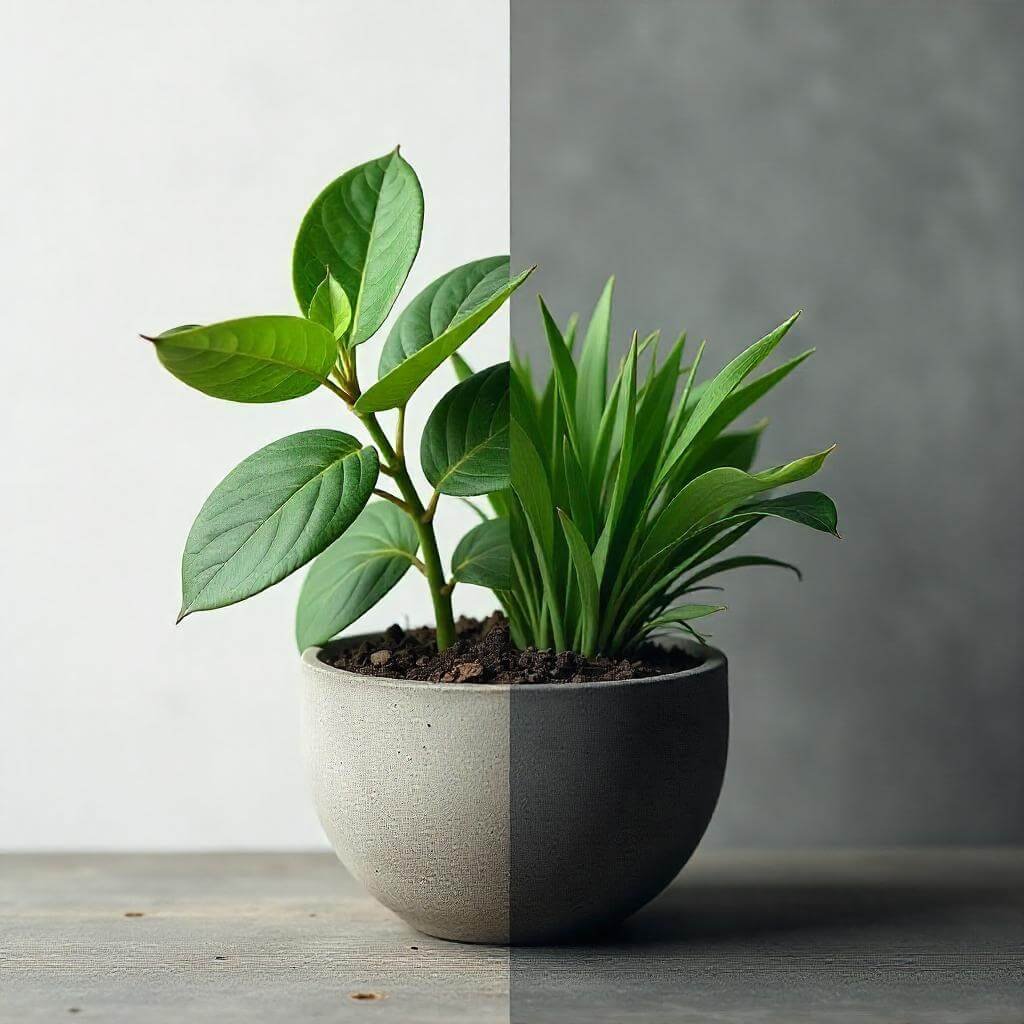Your mindset shapes how you approach life’s challenges and opportunities. Are you embracing a growth mindset vs. fixed mindset, or are you stuck in limiting beliefs? Understanding the difference between these two mindsets can unlock your potential and set you on a path to success. In this article, we’ll explore what a growth mindset and fixed mindset are, how they impact your life, and practical steps to cultivate a growth-oriented approach.
What Is a Growth Mindset vs. Fixed Mindset?
A growth mindset, coined by psychologist Carol Dweck, is the belief that your abilities and intelligence can improve through effort, learning, and persistence. In contrast, a fixed mindset assumes that your talents and skills are static—you’re either “good” or “not good” at something, with little room for change.
Growth Mindset: Embracing Potential
People with a growth mindset see challenges as opportunities to learn. They believe hard work and feedback are key to personal growth. For example, a student with a growth mindset who struggles with math might say, “I’ll keep practicing and ask for help,” rather than giving up.
Fixed Mindset: Limiting Beliefs
Those with a fixed mindset often avoid challenges to protect their self-image. They may shy away from tasks where they could fail. For instance, an employee with a fixed mindset might avoid a new project, thinking, “I’m not good at this, so why try?”
Outbound Reference: Learn more about Carol Dweck’s research on mindsets at Stanford University.

Why Your Mindset Matters
Your mindset influences every aspect of your life, from career success to personal relationships. Here’s how the growth mindset vs. fixed mindset plays out in real-world scenarios:
- Career Growth: A growth mindset encourages you to take on new roles, seek feedback, and adapt to change. A fixed mindset might keep you stuck in a comfort zone, fearing failure.
- Relationships: People with a growth mindset work to improve communication and resolve conflicts, while a fixed mindset may lead to blame or avoidance.
- Personal Development: A growth mindset fuels lifelong learning, while a fixed mindset can stunt progress by resisting new experiences.
Data Insight: According to a 2016 study published in Nature, students with a growth mindset were 20% more likely to improve their academic performance compared to those with a fixed mindset.
Outbound Reference: Read the full study on mindset and academic success at Nature.
Signs You Have a Growth Mindset vs. Fixed Mindset
Not sure which mindset you lean toward? Here are some telltale signs:
Growth Mindset Traits
- You embrace challenges as learning opportunities.
- You persist through setbacks and view effort as a path to mastery.
- You seek constructive feedback to improve.
- You’re inspired by others’ success.
Fixed Mindset Traits
- You avoid challenges to prevent failure.
- You give up easily when faced with obstacles.
- You take feedback personally or ignore it.
- You feel threatened by others’ achievements.

How to Develop a Growth Mindset
Ready to shift from a fixed mindset to a growth mindset? Here are actionable steps to get started:
- Reframe Challenges: Instead of avoiding tough tasks, ask, “What can I learn from this?” For example, if public speaking scares you, take a class to build confidence.
- Embrace Feedback: Seek constructive criticism and use it to grow. Ask colleagues or mentors for specific ways to improve.
- Celebrate Effort, Not Just Results: Reward yourself for trying, even if you don’t succeed right away. Small steps lead to big wins.
- Learn from Others: Surround yourself with growth-minded people. Their habits and attitudes will inspire you.
- Practice Self-Reflection: Journal about your progress and setbacks to track your growth mindset journey.
Outbound Reference: For more tips on personal growth, check out MindsetWorks.
Real-World Examples of Growth Mindset in Action
- Oprah Winfrey: Despite a challenging childhood, Oprah embraced a growth mindset, constantly learning and adapting to become a global media icon.
- Thomas Edison: Edison famously said, “I haven’t failed. I’ve just found 10,000 ways that won’t work.” His persistence led to the invention of the lightbulb.
- J.K. Rowling: Rejected by multiple publishers, Rowling kept refining her work, eventually creating the Harry Potter series.
These examples show how a growth mindset can transform setbacks into stepping stones.

Final Thoughts: Choose Your Mindset
The growth mindset vs. fixed mindset debate boils down to one question: Do you believe you can grow? By embracing challenges, seeking feedback, and celebrating effort, you can unlock your potential and achieve your goals. Start small, stay consistent, and watch how a growth mindset transforms your life.
Which mindset are you leaning toward today? Take the first step to develop a growth mindset and share your journey in the comments below!

